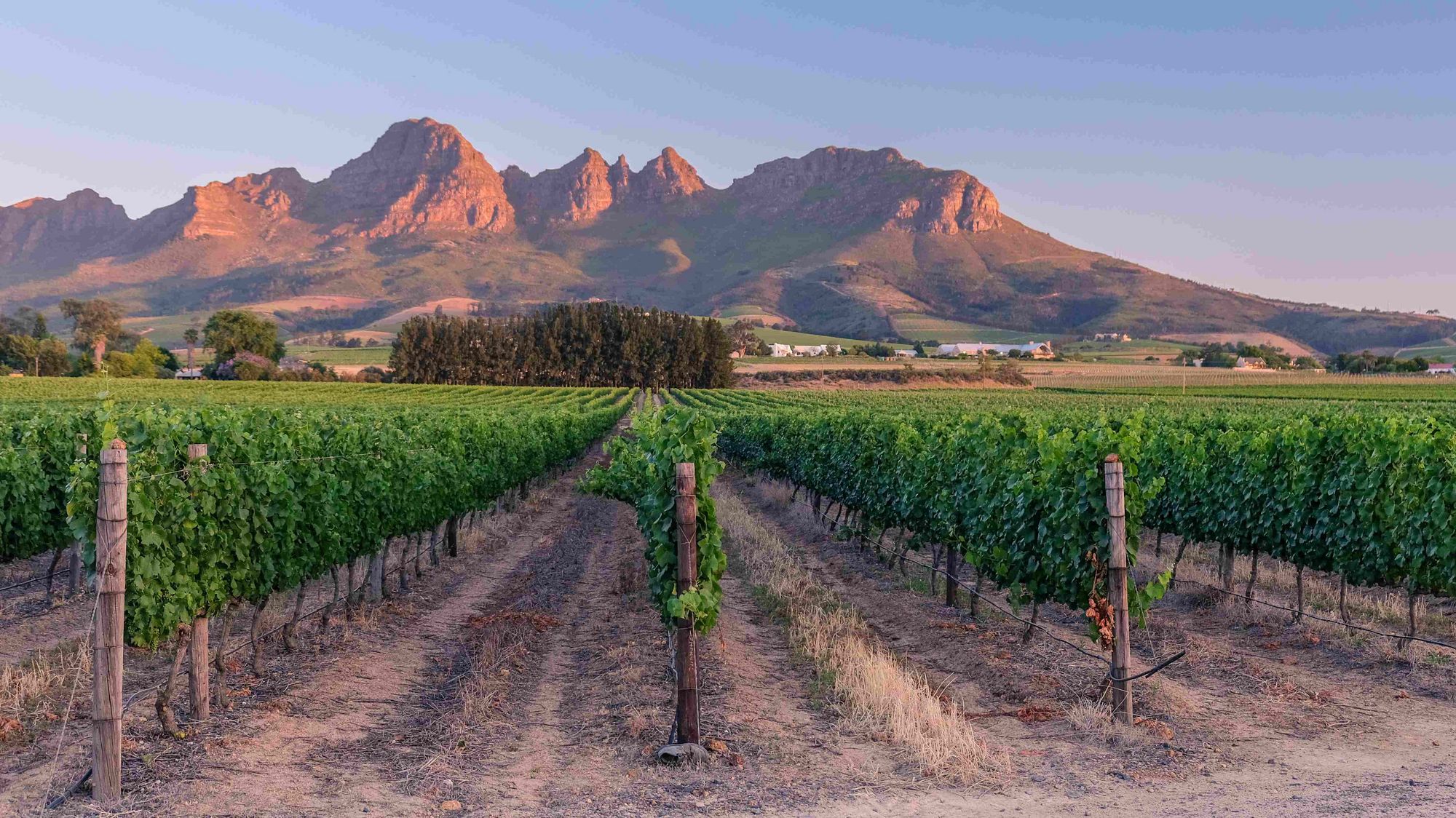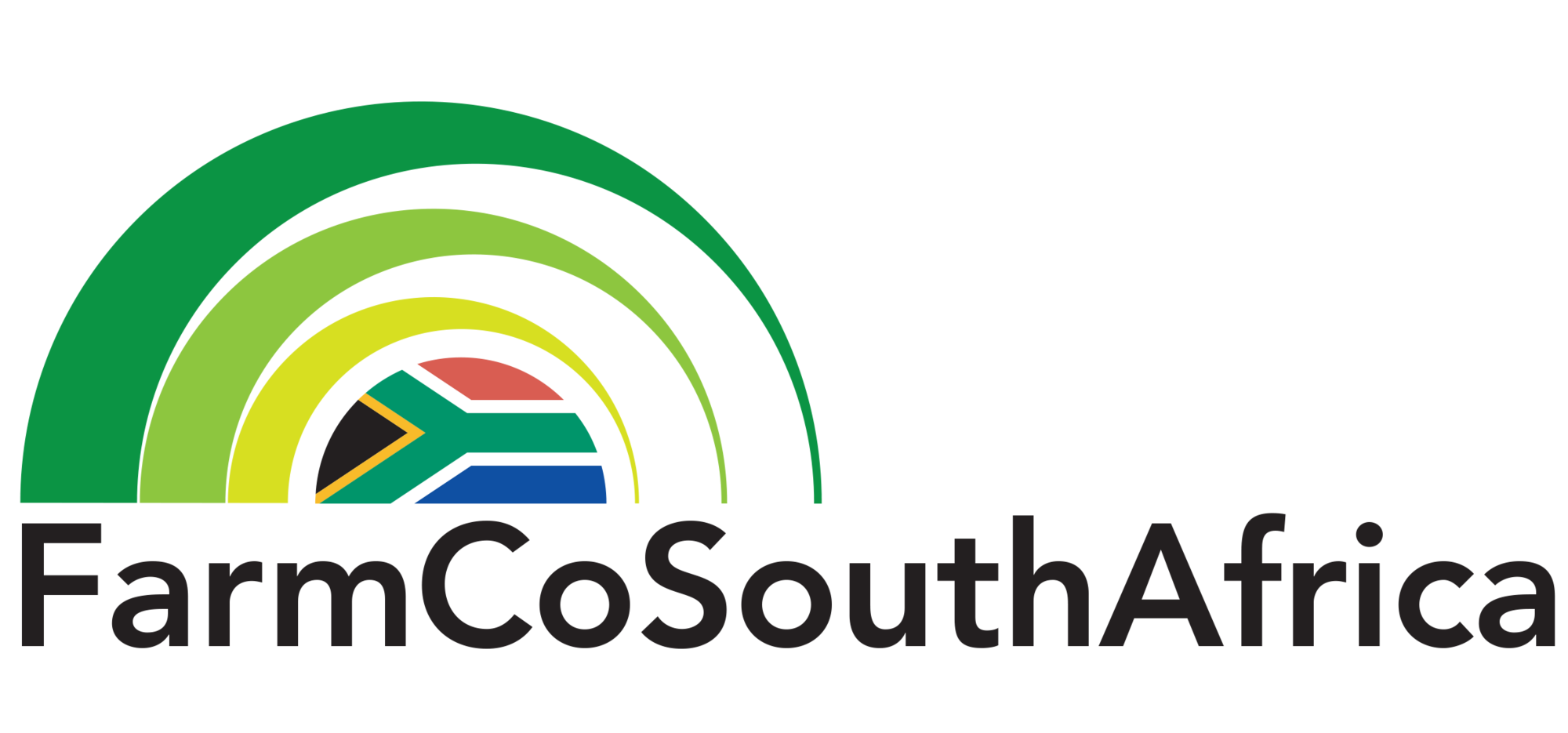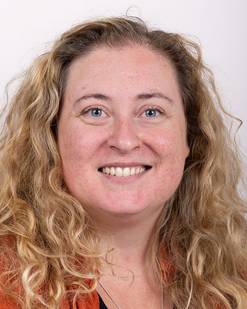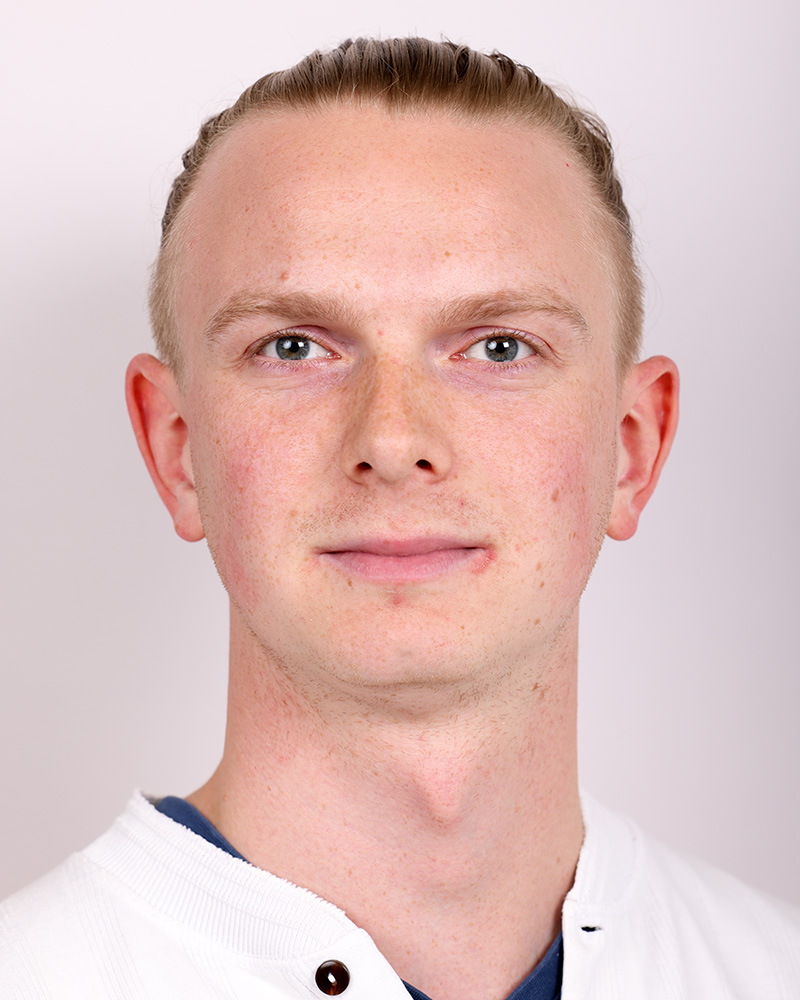FarmCo South Africa
Occupational Risks, Health and Well-Being of Wine Grape Farm Workers in the Western Cape


Study aim
This study looks at the occupational hazards faced by agriworkers on wine grape farms in the Western Cape, South Africa. The results will help improve safety, health, and well-being for agriworkers. Ultimately, the study will benefit the broader South African wine farming communities by helping create safer working conditions and supporting the long-term health and well-being of their workforce.
Why is this important?
Agricultural workers are the world’s largest workforce. All over the world, farming is also one of the occupations with the most work-related injuries, accidents and other health risks. Climate change is now adding to these challenges, with rising temperatures and extreme weather increasing the risk of heat-related illnesses. In addition, agriworkers might also deal with long and physically demanding working hours, financial instability, and exposures to biological and chemical hazards. All these factors together highlight the need to better understand the most significant health risks to effectively support and protect the well-being of agriworkers.
Study procedure
This study will be realised through three subsequent designs:
Expert interviews: From October to December 2024, we will conduct (online or face-to-face) interviews with a broad range of interested stakeholders. Participants will rate listed hazards based on their relevance to the local context. These ratings will help customize the subsequent agriworker survey tool.
Farmer survey: Between November and December 2024, we aim to speak with 40 farm owners and managers. We are interested in understanding farmers' perspectives on key stressors - financial or otherwise - that affect the farmers’ daily work, helping us address the issues that matter most to them and their families.
Agriworker survey: In 2025, trained research assistants will administer a questionnaire to 1000 agriworkers in the Western Cape, specifically in the Stellenbosch region. The interview will last about 60 minutes and will gather information on socio-demographic details, perceived occupational hazards, and health and well-being outcomes, including physical, mental, and economic aspects.
We believe that only a long-term presence in the study area can achieve the greatest local impact, maximizing benefits for the farming community. Therefore, following the initial agriworker survey in 2024, we are planning a four-year follow-up study. The design of this follow-up study will be informed by the findings from both the expert interviews and the agriworker survey.
Who can participate in the study?
Are you a wine grape farmer in the Stellenbosch area? We are looking for you for an interview! We are interested in understanding wine grape farmers' perspectives on key stressors - financial or otherwise - that impact your work, helping us address the issues that matter most to you and your families.
If you decide to participate, we can arrange a brief interview (30 minutes) on your farm at your convenience. We would also welcome the opportunity to learn more about your farm’s unique practices and perspectives. Your participation could benefit both your farm and the broader farming community by expanding knowledge on effective farming practices, exploring solutions to common challenges, and fostering knowledge-sharing across farms.
If you are interested in participating, please contact us. Contact details can be found below.
For the agriworker survey, the study population will comprise 1000 people (permanently or seasonally) working on a farm producing wine grapes around Stellenbosch. We want to collaborate with 40 farms. Experts, farmers and workers must complete a consent form before participating in the study.
Frequently Asked Questions
We want to have a real impact on the farmworkers' health. Therefore, we will closely collaborate with local stakeholders including local farms, and finally communicate our findings on health and well-being to government representatives and occupational health experts. Additionally, we aim to publish one or two scientific papers and present our study's outcomes at national and international conferences. All data is anonymized and combined before publication, making it impossible to track or identify individual survey participants (see “data security” below).
This project is funded by the Swiss National Science Foundation (SNSF) Starting grant project. We confirm there is no conflict of interest, and the study is free from external influences, including intellectual, financial, or proprietary agendas. This commitment ensures the independence and reliability of our research.
The FarmCo SouthAfrica study is realised by the University of Cape Town, in collaboration with the Swiss Tropical and Public Health Institute (Swiss TPH). The latter is an associated research institute of the University of Basel, Switzerland
Throughout the study, we will collect personal information and health data. The research team is dedicated to securely storing your personal and research information. We assure you that your personal data will be treated with the utmost confidentiality. All data is anonymised and combined before publication, making it impossible to track or identify individual survey participants.
This study has been approved by the Ethics Committee of Northwestern and Central Switzerland. It has also been approved by the Departmental Review Committee (DRC) in the School of Public Health and is waiting for the approval of the Human Research Ethics Committee (HREC REF 778/2024).








